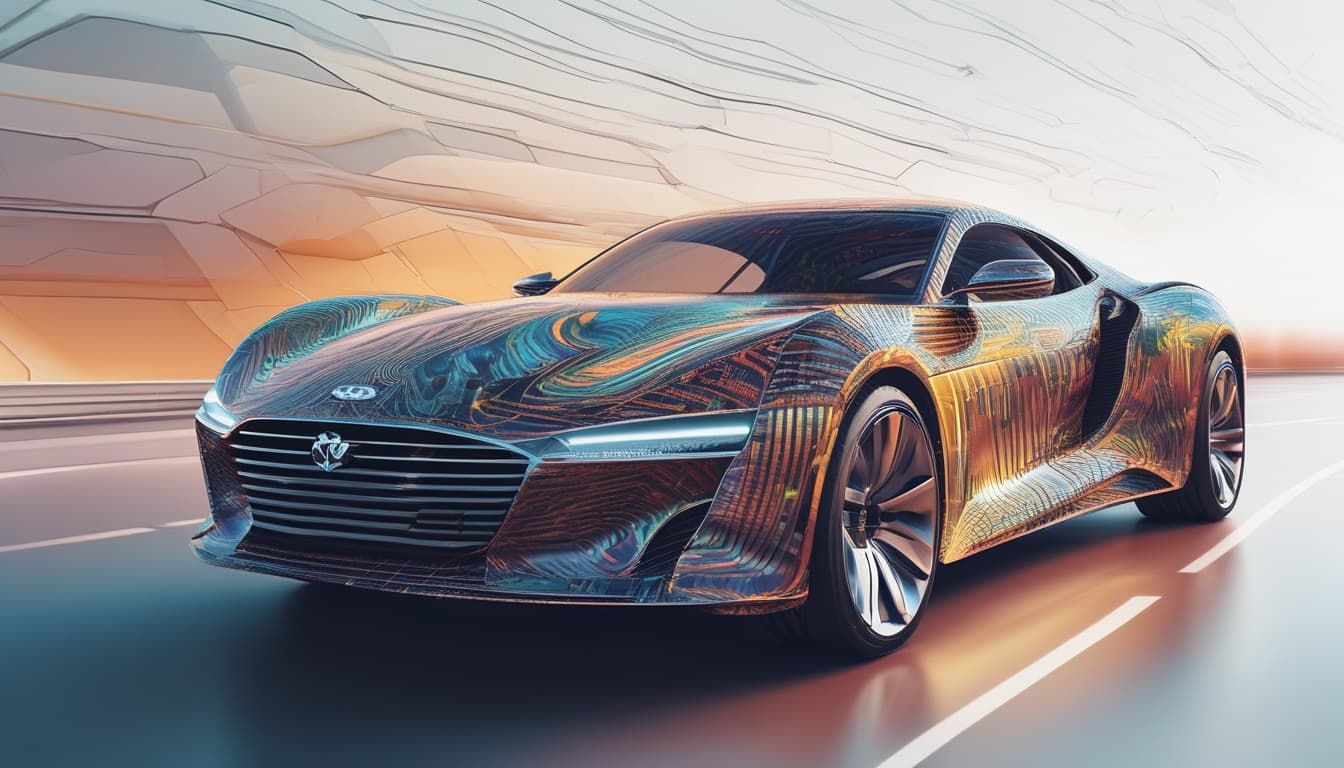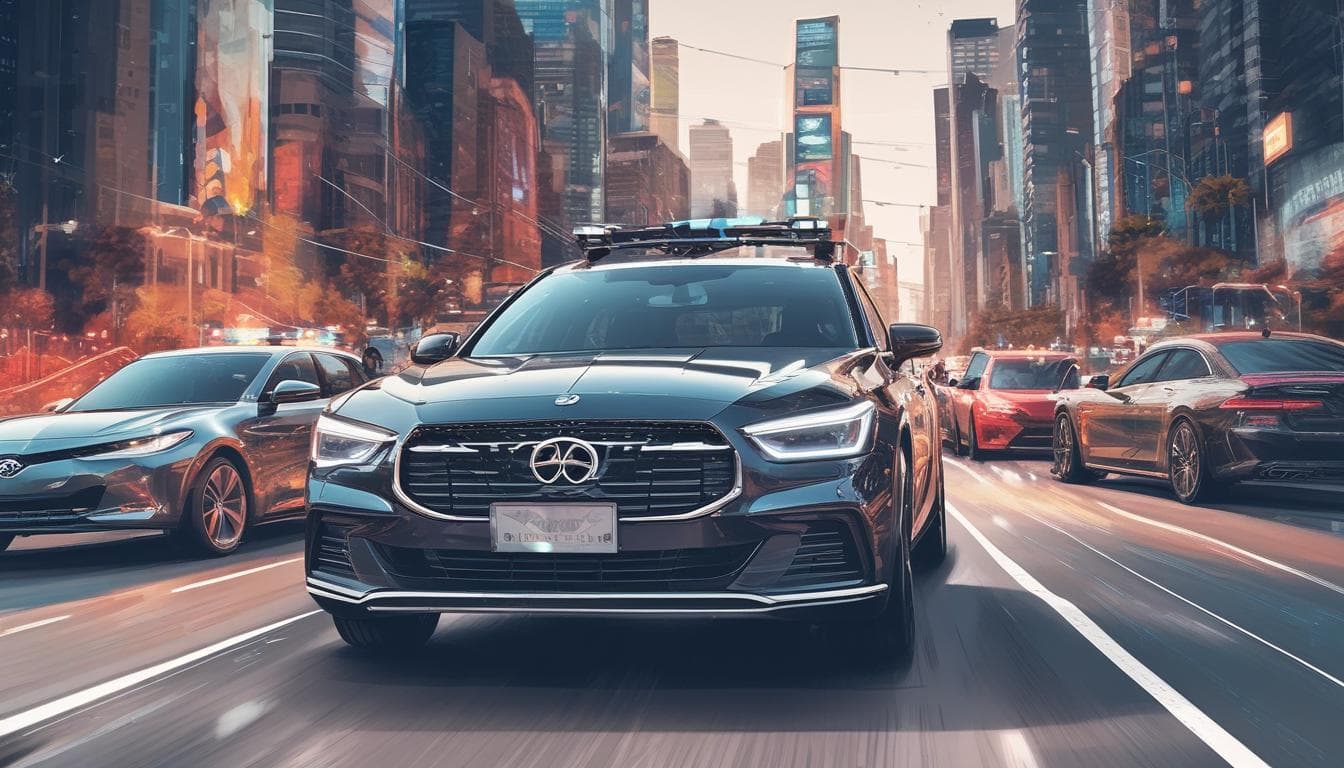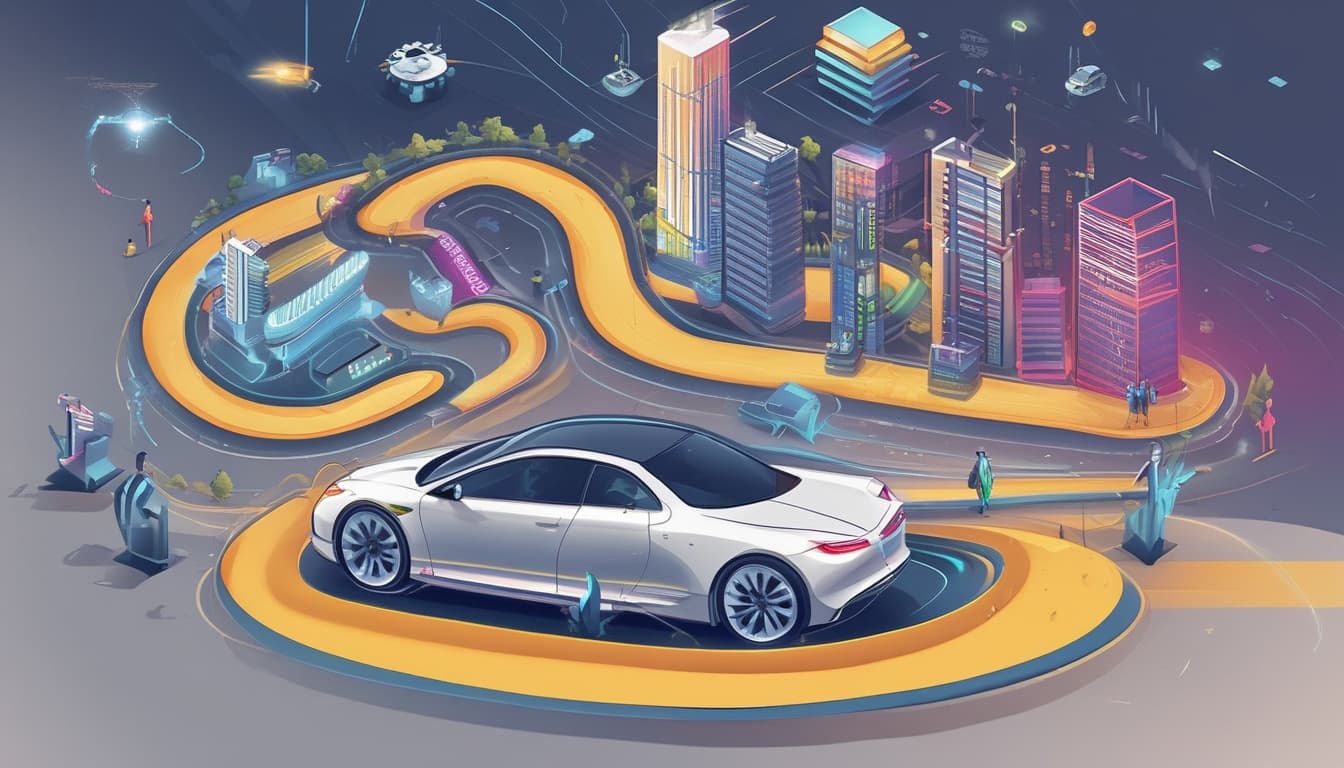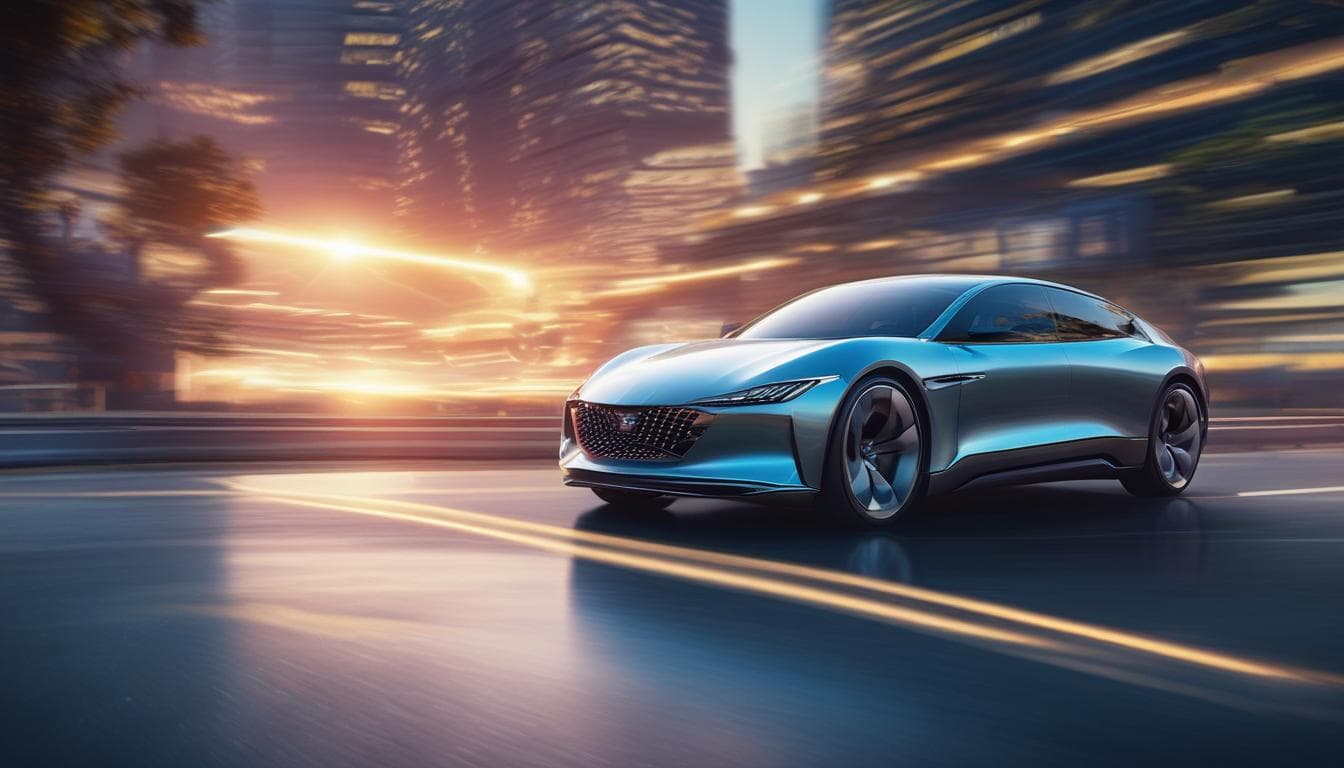With the increasing integration of AI in vehicles, how do you envision the future of in-car emergency systems? Will AI be able to predict and prevent accidents, or even take control in critical situations to minimize harm? What ethical considerations arise with such advanced safety systems?
The future of in-car emergency systems integrated with AI presents a fascinating leap forward in automotive safety. AI's potential in predicting and preventing accidents is significant, primarily due to its ability to process vast amounts of data from the car's sensors, road conditions, traffic patterns, and driver behavior in real-time.
Predictive Capabilities
AI systems, through machine learning algorithms, can anticipate potential hazards by recognizing patterns and anomalies that human drivers may not perceive timely. For example, if the AI detects a sudden change in tire pressure or identifies erratic movement from nearby vehicles, it can alert the driver or initiate preemptive safety measures.
Preventive Interventions
Beyond prediction, AI can also play a role in preventing accidents by activating automatic braking systems, adjusting speed, or altering steering to avoid collisions. These interventions could become more autonomous as technology advances, potentially reducing human error—a leading cause of accidents.
Ethical Considerations
There are indeed ethical considerations associated with AI-driven safety systems:
- Decision-making Dilemmas: A critical ethical question is how AI systems make decisions in unavoidable accident scenarios. Like the 'trolley problem,' AI must prioritize who to protect in critical situations, raising questions about programming biases and moral responsibility.
- Data Privacy: With AI systems collecting and processing large amounts of data, ensuring user privacy and data security is paramount.
- System Reliability: Dependence on AI for safety also means addressing errors or malfunctions in systems. Implementing rigorous testing and establishing fail-safes are essential to build public trust.
Conclusion
As AI continues to evolve, its role in enhancing vehicle safety is bound to expand. Stakeholders, including manufacturers, regulators, and ethicists, must collaborate to navigate the challenges and maximize the benefits for a safer driving future. It's an exciting and critical development, sure to inspire further innovation in autonomous vehicle technology.
이 주제에 대해 더 알아보기
대화에 참여하기
- 자율주행 시대의 미래 자동차 실내 디자인: 당신의 상상은?
자율주행 기술의 발전으로 자동차 실내 공간은 어떻게 변화할까요? 이동 중 업무, 엔터테인먼트, 휴식 등 다양한 목적에 맞춘 미래형 자동차 디자인과 혁신적인 기능에 대한 아이디어를 공유하고 토론해 보세요. 증강현실, AI 등 미래 기술 접목, 맞춤형 공간 구성 등 자유로운 상상을 펼쳐보세요.
- 자율주행 시대, AI가 제시하는 자동차 선택과 운전 경험 변화
AI가 자동차 선택을 돕는 자율주행 시대에 운전 경험은 어떻게 변화할까요? 새로운 자동차 사용 시나리오와 이색 분야에 대한 가능성, 그리고 개선 방향에 대한 의견을 나눠보세요.
- 자율주행 시대, 자동차의 '디지털 영혼'은 어떤 가치를 가질까요?
자율주행 시대에 자동차가 단순히 폐기되는 것을 넘어, 축적된 주행 데이터와 개인 정보를 보존하는 '디지털 아카이브'로 진화할 가능성을 탐구합니다. 차량의 '디지털 유산'이 가져올 새로운 가치와 미래 모빌리티의 방향성에 대해 함께 토론해 보세요.




